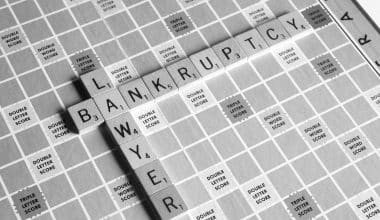
The Pros and Cons of Filing for Bankruptcy in the UK
If you’re facing mounting debts, are struggling to pay bills, or are fed up with creditors hounding you for cash,…

If you’re facing mounting debts, are struggling to pay bills, or are fed up with creditors hounding you for cash,…

Whether you’re a director, creditor, or employee of a company facing serious financial issues, you’ve likely heard terms such as…

Companies can cease trading for a variety of different reasons. When they do, they must undergo a winding-up process, which…

During the liquidation process, a company’s assets are sold to repay creditors, with the goal of winding up the company.…

Before engaging in business with a company, it’s important to check whether they’re in financial difficulty or have outstanding debts.…

For a company that has fallen on hard times, liquidation may seem like the obvious solution to secure a clean…

When a company undergoes liquidation in the UK, the process doesn’t end with its dissolution. One crucial responsibility that remains…

A company on the brink of liquidation or undergoing liquidation proceedings can impact several parties, namely employees, shareholders and directors.…

In times of economic distress, it’s imperative to have a clear understanding of what options are available to you. Those…